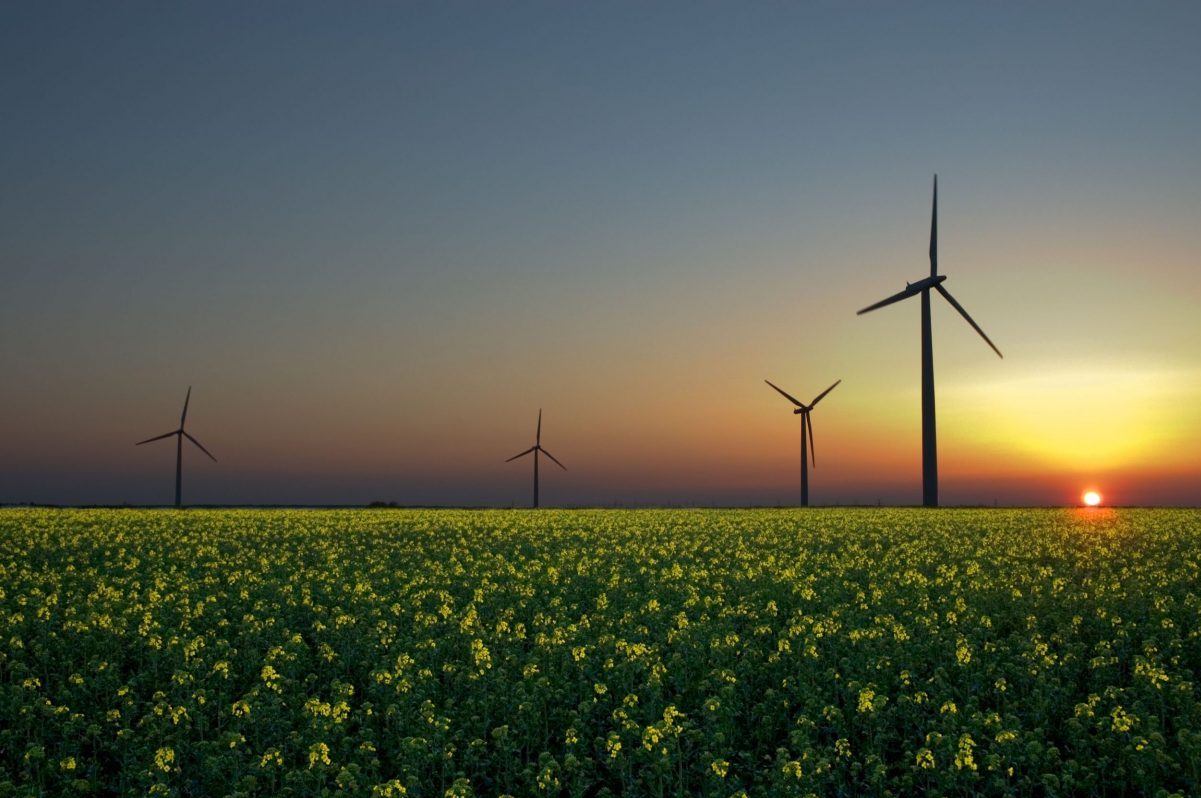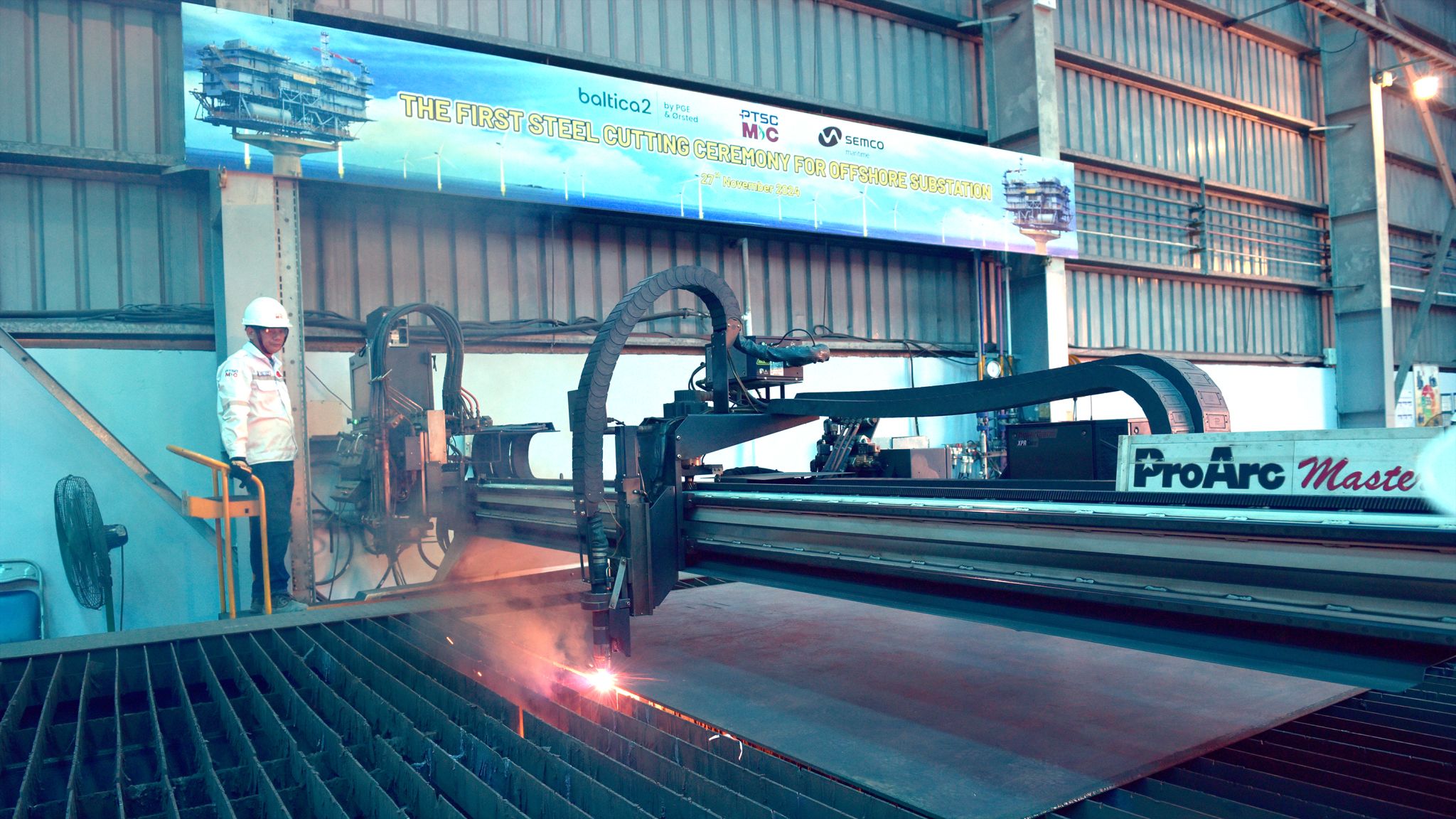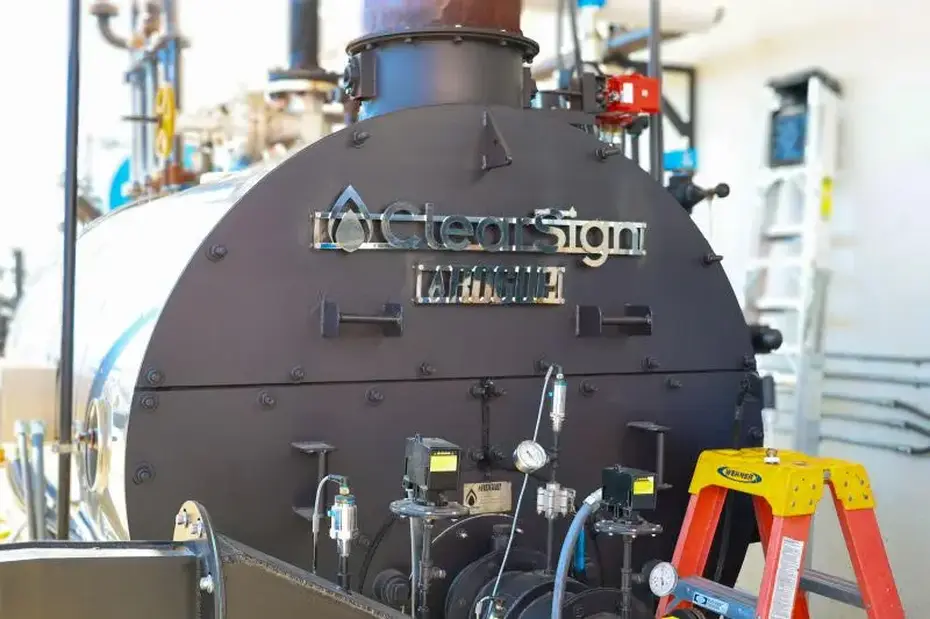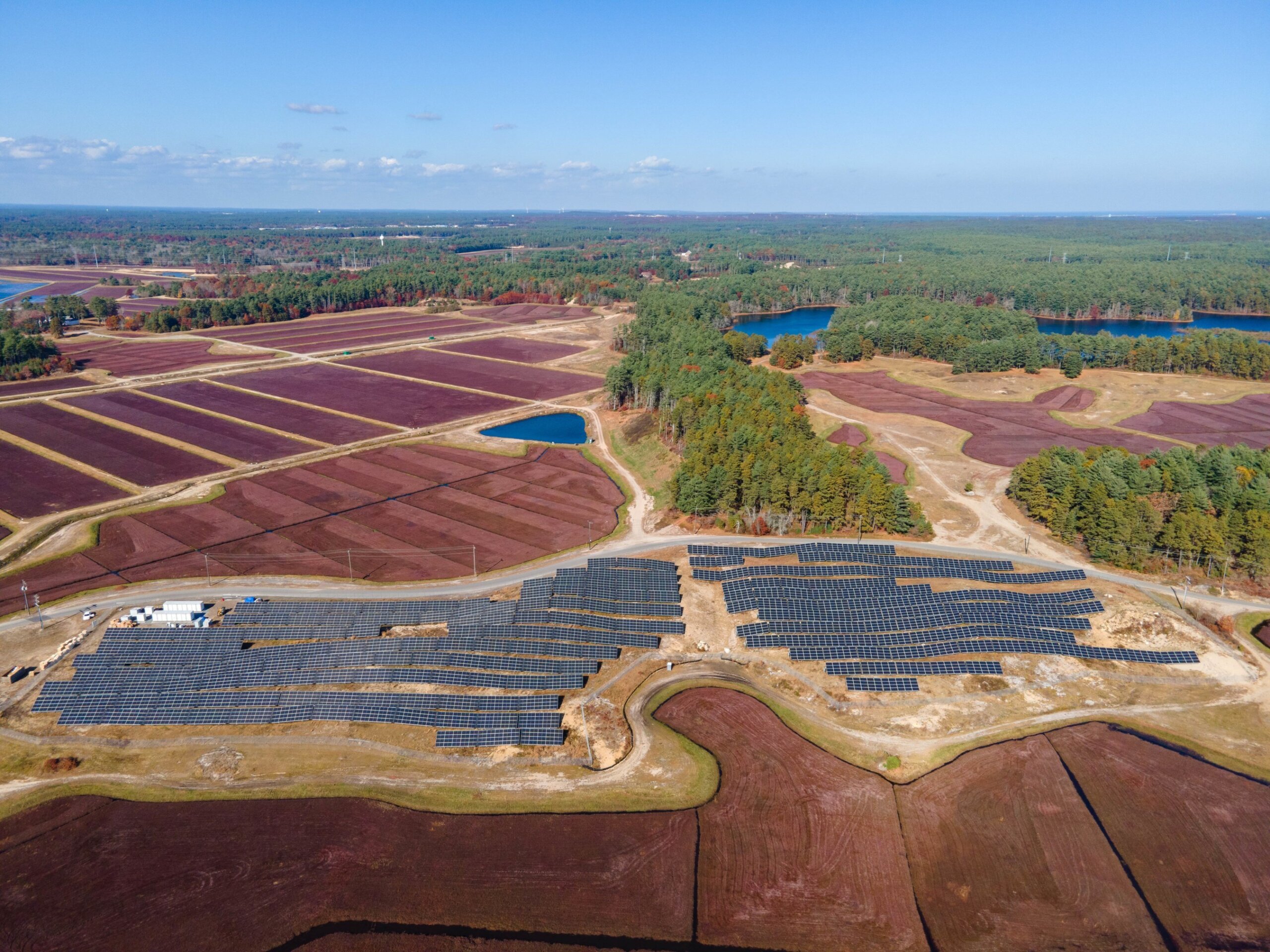
System operators all over the globe recognize the role of wind energy in connection to electrical systems. The integration of wind energy levels is rising, and in most jurisdictions, substantial amounts of this type of energy are cost-effective and reliable when integrated with the power grid.
One example is Denmark, a country that now produces over 50{7bfcd0aebedba9ec56d5615176ab7cebc5409dfb82345290162ba6c44abf8bc8} of its electrical power from farms. In the United States, six states generate about 20{7bfcd0aebedba9ec56d5615176ab7cebc5409dfb82345290162ba6c44abf8bc8} of electricity utilizing wind energy.
A new study about the wind energy sources of Canada and assets shows that Canadians can obtain over one-third of electrical power using wind without compromising the reliability of the grid.
People say that similar amounts of supporting power from hydro generation or natural gas must be prepared to manage issues when it comes to wind energy production. However, that is far from true. Apart from wind energy, a fixed amount of power is always reserved and maintained to manage grid variability. The power reserve is a requirement for all kinds of electricity production on the power grid.
Wind Technology is More Reliable but Costs Less
Wind technologies continue to develop while wind turbines are getting less and less expensive. Since the 1980’s the average size of rotors has doubled, with lighter and longer blades collecting more energy. Also, turbines have become taller, having better drive trains and control systems.
Moreover, wind forecasting methods allow grid operators and utilities to foresee and decide whether to decrease or increase energy output. With forecasting, factors are then considered concerning grid operations. Variations in weather conditions can affect demand, which can change even only after 30 minutes.
Over time, wind energy systems have become reliable and sustainable sources of energy that can power millions of Canadian homes.







